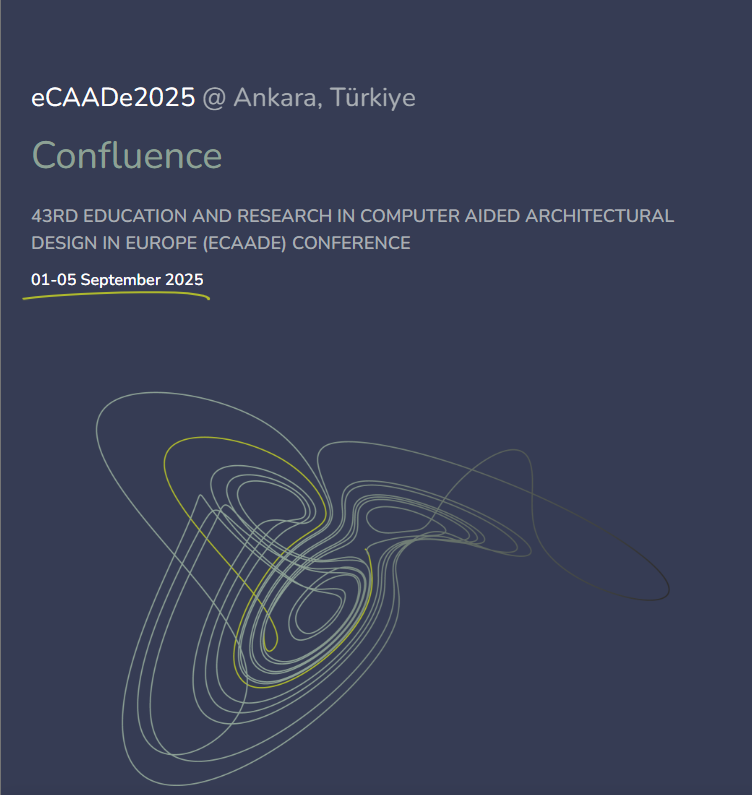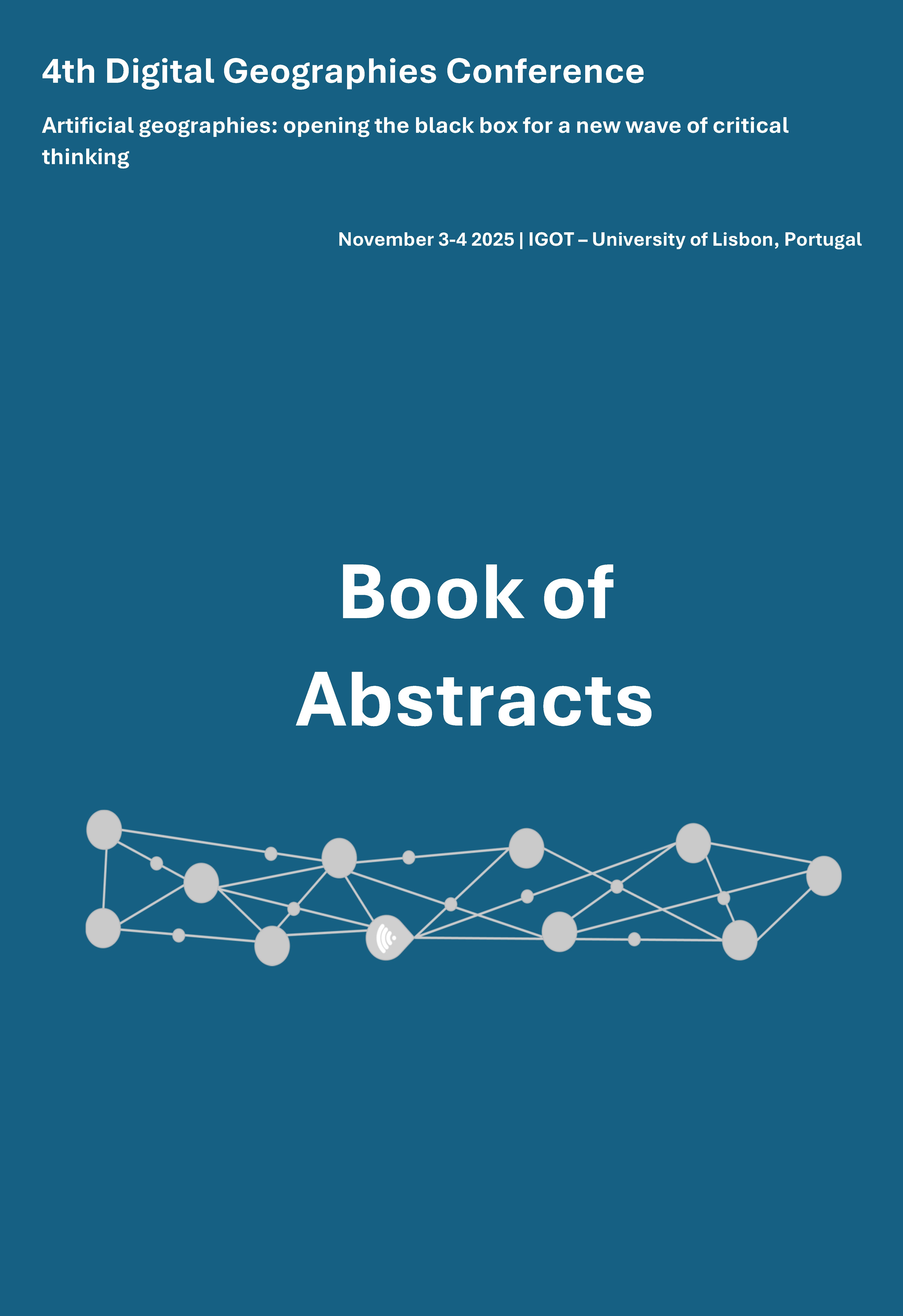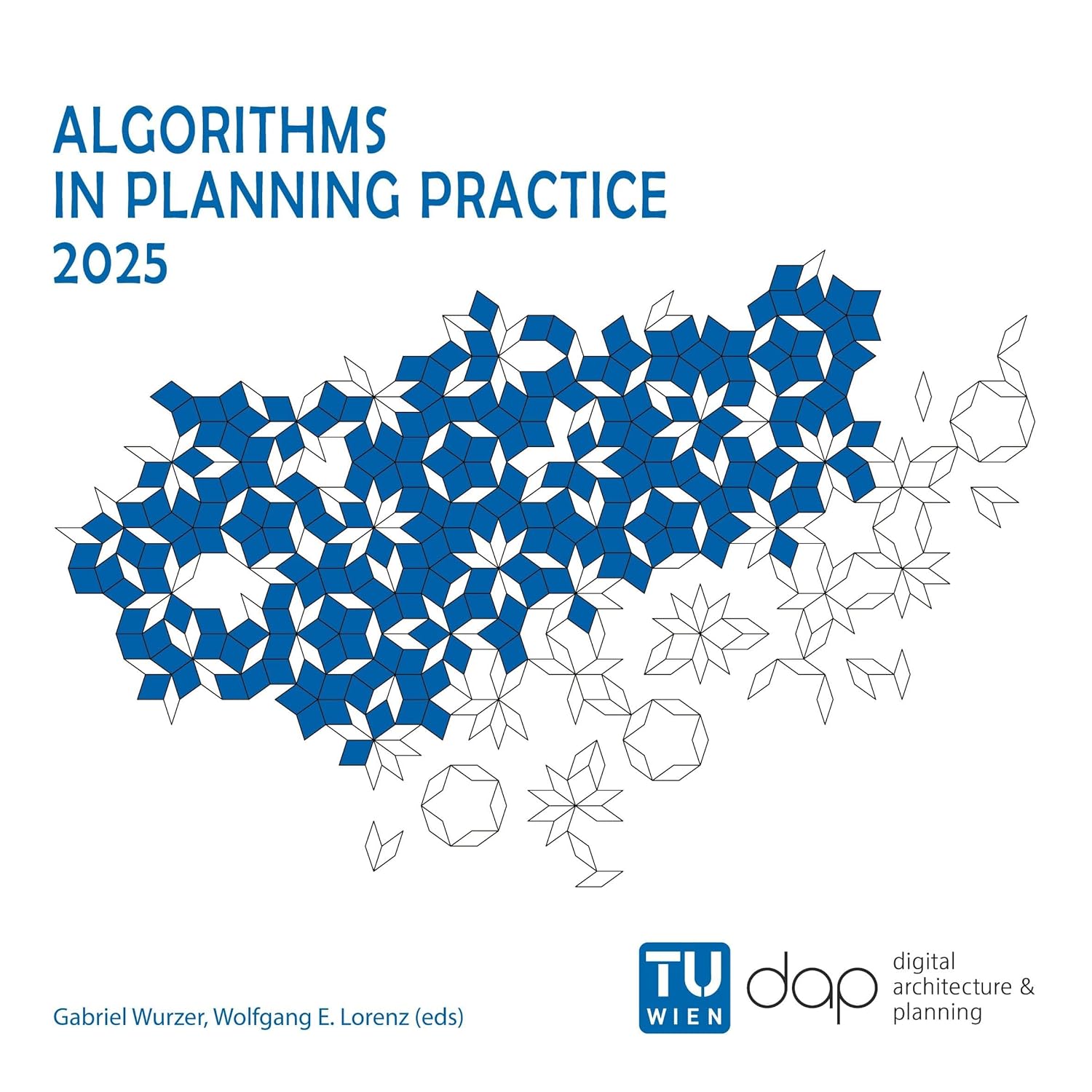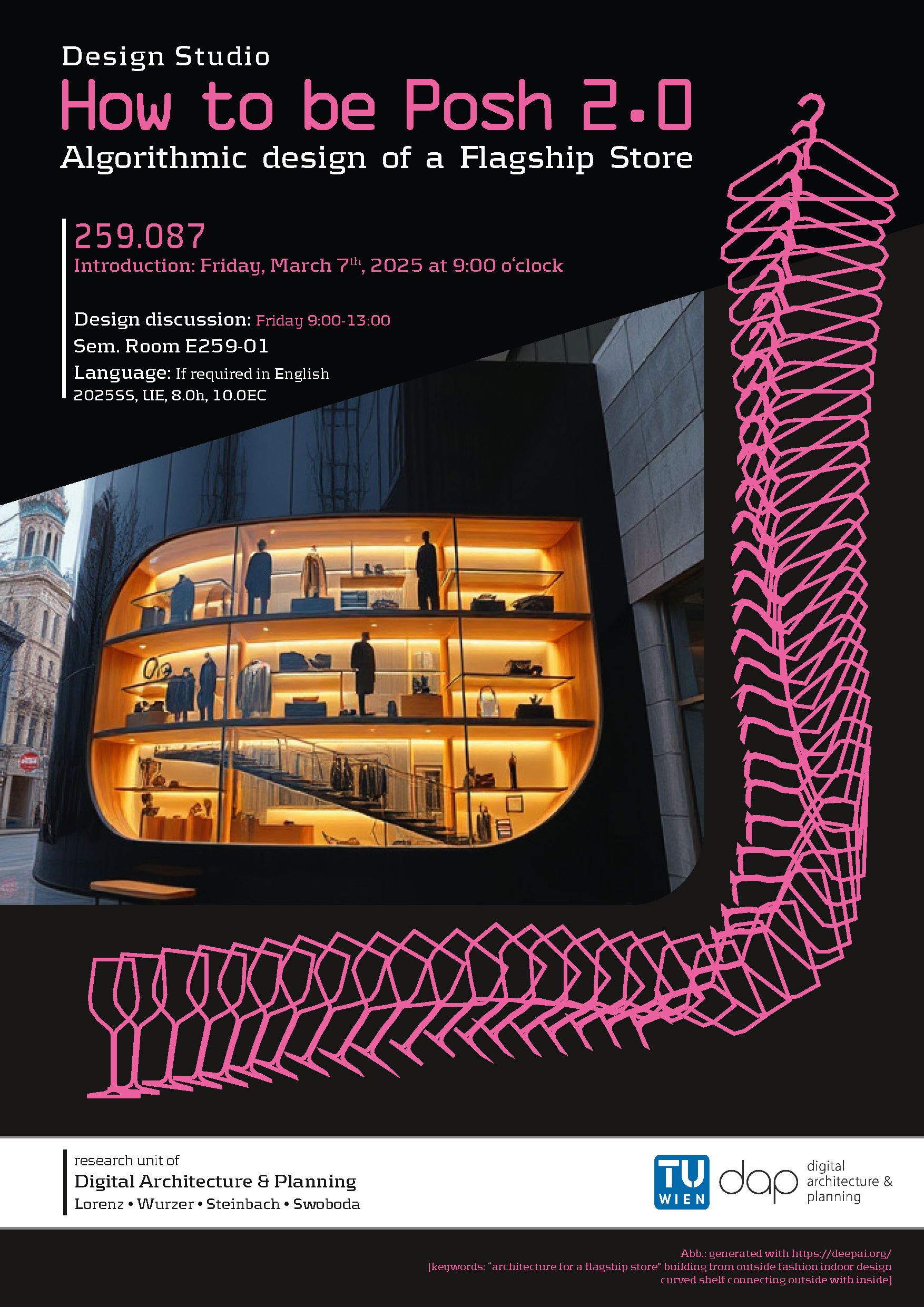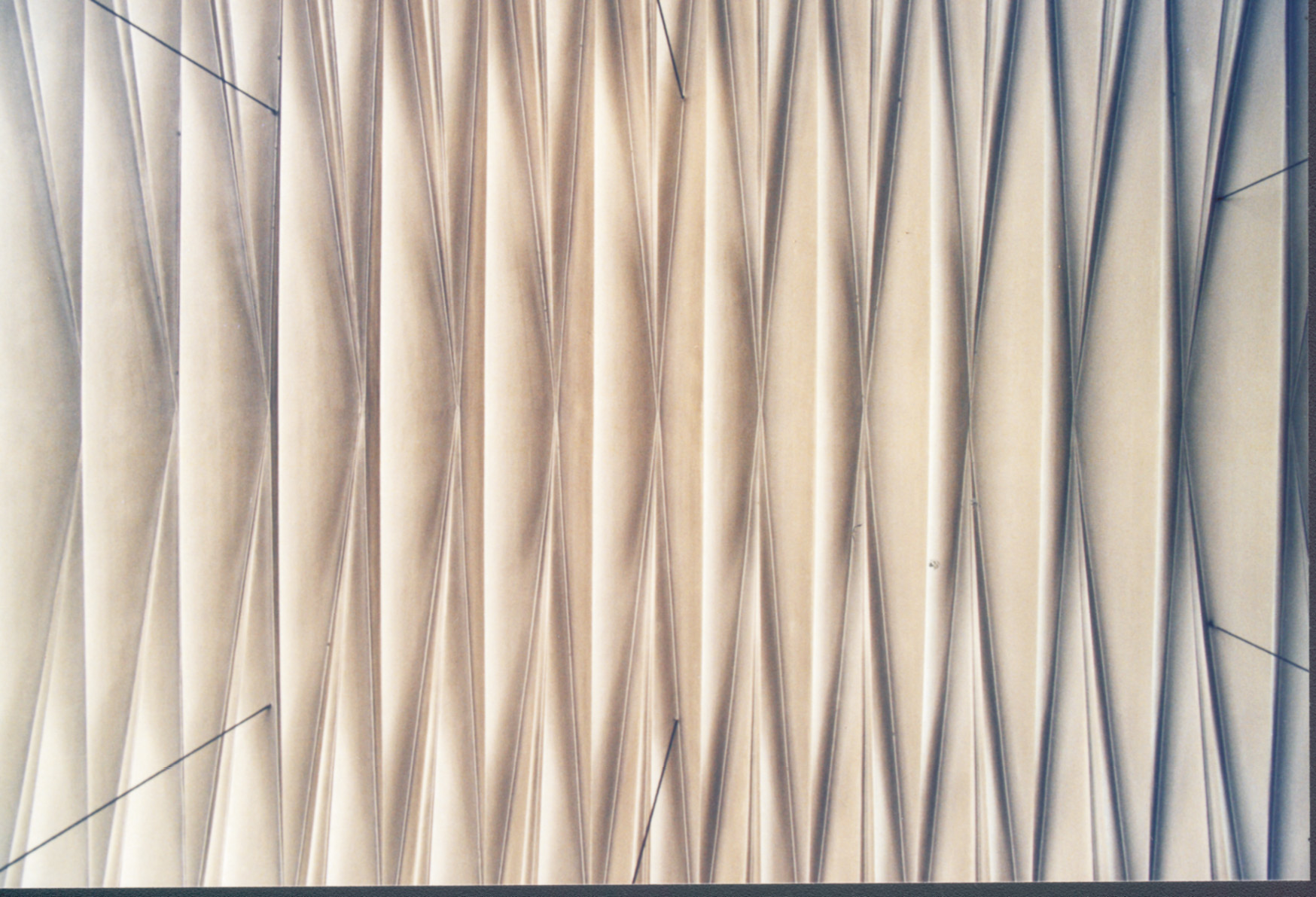Dipl.-Ing. Dr.techn. Wolfgang E. Lorenz
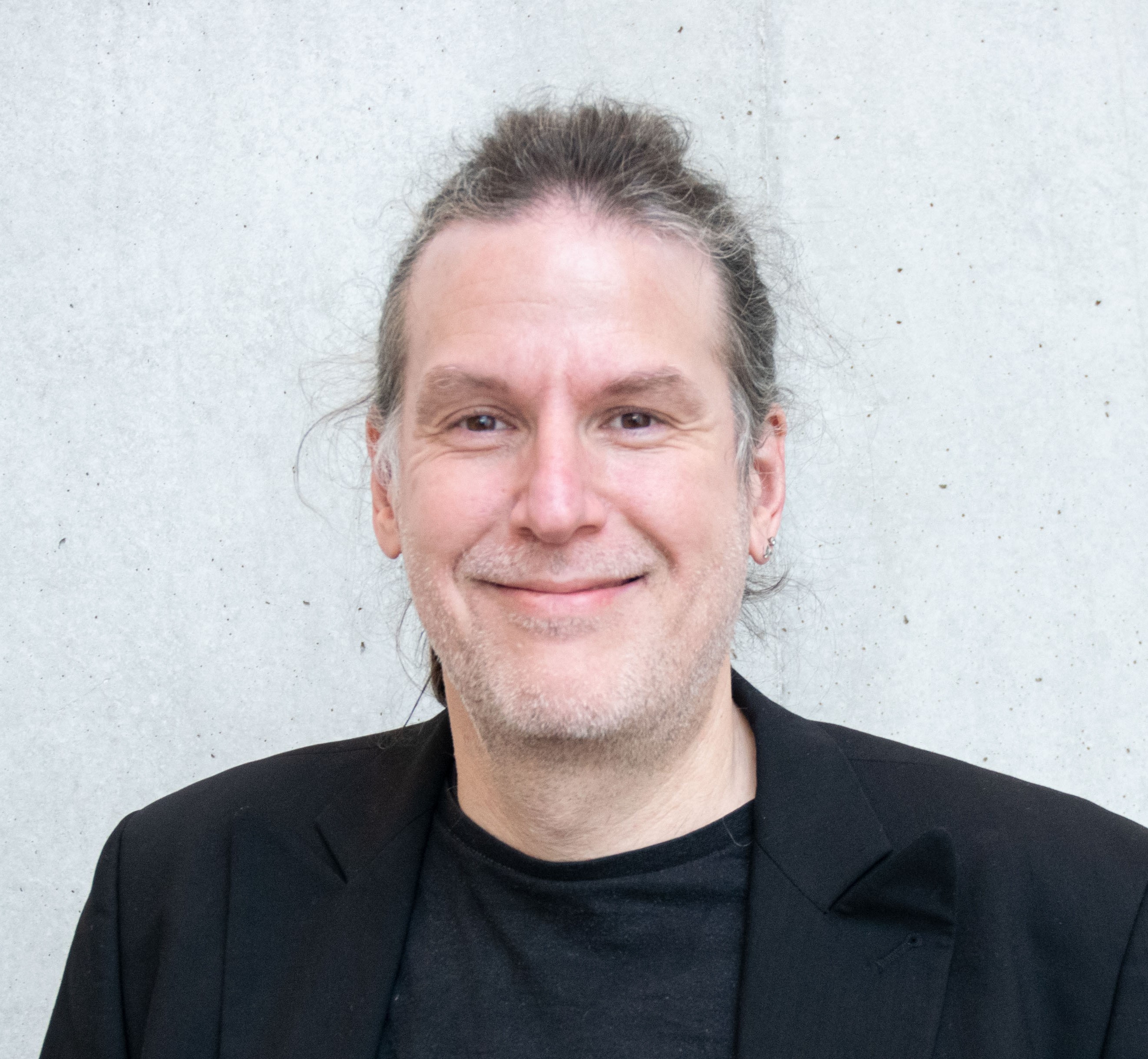
Wolfgang E. Lorenz is a researcher and lecturer at the Vienna University of Technology. His main research focuses on the application of digital media in architecture and spatial planning, especially on the examination and elaboration of applying fractal geometry to architecture. Other research fields concern simulation, process visualization, generative design, software engineering, algorithms, and programming languages. In the past 7 years, he has collaborated on projects regarding data analysis and software development. He published several research papers, articles, and books on students’ design work and excursions. In 2014, he obtained a doctoral degree in architecture for his thesis on Analysis of Fractal Architecture using the Box-Counting Method.
- Since 2014 he has been supporting eCAADe (2014 Newcastle/UK, 2015 International Vienna/Austria, 2016 Oulu/Finland and 2017 Rome/ Scientific Italy), CAADRIA (2017 Suzhou/China), ARENA (2017 Meetings Brussels/Belgium) and CA2RE (2017 Ljubljana/Slovenia) through management of the web-based ProceeDings paper editor used for producing conference proceedings. In 2015 he was part of the organisation team of the eCAADe 2015 Conference in Vienna, Austria, together with Bob Martens, Thomas Grasl, Gabriel Wurzer and Richard Schaffranek.
- Since 2009 he is reviewer for selected conferences: eCAADe, International Conference for Education and research in Computer Aided Architectural Design in Europe; CAADence in Architecture; Symposium on Simulation for Architecture and Urban Design (SimAUD); I-WISH (Innovative Methods in Healthcare, as part of I3M Multiconference).
- Since 1999 he holds a business licences as an "Advertising Graphics-Designer" and since 2006 one in "Services of automatic data processing and information technology".
Wolfgang E. Lorenz on reposiTUm


